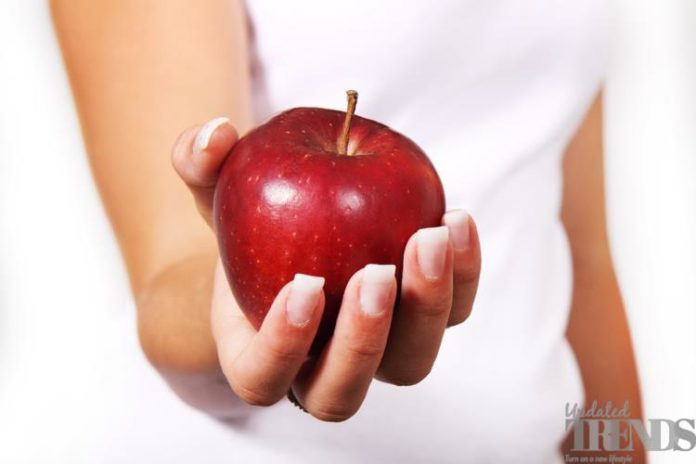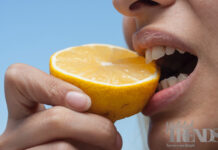An apple in a day keeps the doctor away. This statement makes sense only if you eat the whole with seeds and all. A new study has said that the number of healthy bacteria that we ingest will increase significantly, if the apple is eaten entirely. A beneficial bacteria was identified by the researchers at the Graz University of Technology in Austria. The bacteria is known as Lactobacillus and is found in the core of organic apples. Lactobacillus is also found in probiotics that have also been proven to help ease certain digestive disorders.
The bacterial content in the stem, peel, flesh and seeds was recorded in the study in organic as well as non-organic apples. The researchers said that the majority of the friendly bacteria was found in the seeds for both kinds. The study added that people who throw away their apple cores without ingesting the seeds could miss out on the number of microbes consumed from more than 100 million to 10 million. It was also found that the organic apples have more bacteria in general and have more beneficial bacteria when compared to the non-organic apples.
The seeds of apples contain a chemical compound known as amygdalin that creates poison cyanide when the seeds are crushed and eaten. However, you need to crush hundreds of apple seeds, which is significantly more than the amount found in one apple and consume them for cyanide to be dangerous. Here are a few more benefits of eating apple on an everyday basis.
1. Fights asthma – Apples are rich in anti-oxidants and might help protect the lungs from oxidative damage. The apple skin contains flavonoid quercetin and can help to regulate the the immune system and reduce inflammation.
2. Good for bone health – anti-oxidants and anti-inflammatory compounds in the fruit promotes bone density and strength.
3. Protects the brain – Apple juice can help to benefit for age-related mental decline.
Photo Credits: Pixabay











